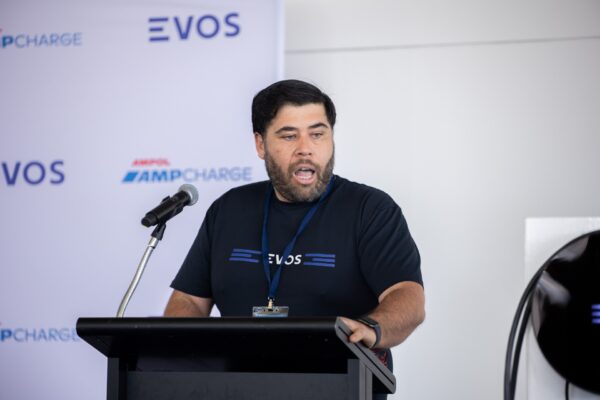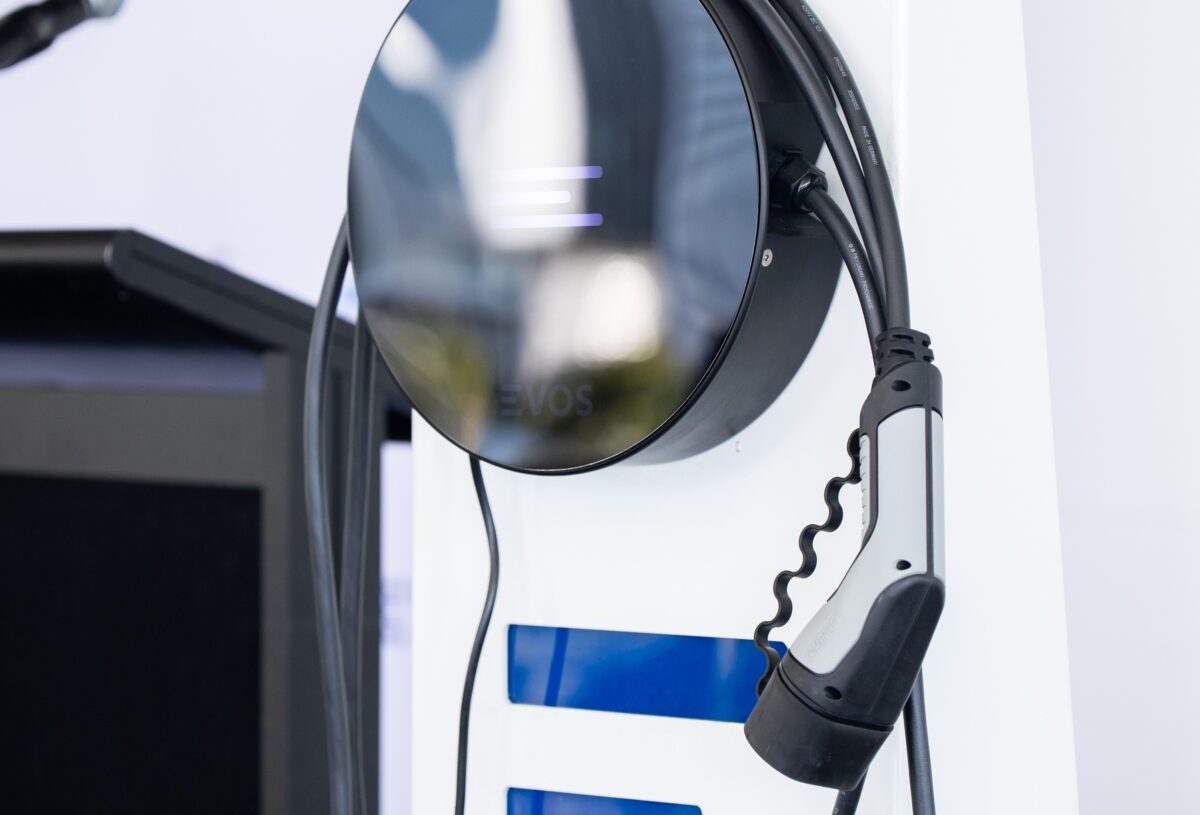Brisbane-based Evos said the Australian made SB7 charger is compatible with all electric vehicles (EVs) and has been designed to help homeowners to charge their EVs safely and conveniently while also empowering them to make smart energy decisions.
Evos co-founder and Chief Executive Officer Marcelo Salgado said the SB7 charger would connect to an app that allows drivers to monitor the cost of charging and features a built-in energy management system that can be programmed to charge EVs during off-peak periods or to leverage solar or battery power.
The charger is also Wi-Fi connection capable, ensuring Evos and/or the homeowner can monitor and control the charger.
“We asked ourselves what the EV owner needs from a charger,” Salgado said.
“It has to be easy to install with no restrictions as to where it can go on a property, be easy to monitor remotely and help them manage their costs in an era when everyone is concerned with energy prices.”
“And it has to look good.”

Image: EVOS
The SB7, which will be manufactured in Australia, is the first Evos equipment designed for residential applications after the company released a 22 kW charger for business fleets in 2021.
The charger is expected to be available between September and October, although its price had yet to be determined.
The SB7 charger, and the Fleet Home22 Charger, will be sold through Ampol after Australia’s largest transport fuels provider announced it will serve as the exclusive distributor of Evos’ EV charging hardware.
Ampol Energy General Manager James Myatt said the company had become “acutely away that our customer’s needs are changing” and moved into electricity distribution last year.
Myatt said the deal with Evos would help meet the needs of customers who plan to power up their vehicles outside service stations in future.
“The technology allows us to support customers wherever their journey is, whether they’re starting their journey at home, on the road, wherever they park their cars, or on the way home from work,” he said.
“If people are going to need charging at home, we want to provide the infrastructure to do that.”
Ampol said it will sell EV equipment directly to consumers and potentially through partners such as automotive brand BYD.
Ampol is also investing in public charging points at its petrol stations and intends to install 300 charging bays by 2024.
The launch of the SB7 EV charger comes after Evos earlier this month announced it had completed a funding round, securing $5 million (USD 3.41 million) from existing investors to help commercialise its charging and energy management software technology. The capital raise came after the company initially raised $1.7 million in 2021.
This content is protected by copyright and may not be reused. If you want to cooperate with us and would like to reuse some of our content, please contact: editors@pv-magazine.com.









But, does the charger provide V2H capability?
Any new BEV charger should mandatorily provide V2H capability and thence be able to interface with a household rooftop photovoltaic hybrid inverter, to draw from the BEV, for both energy arbitrage, and, to provide UPS to the household.